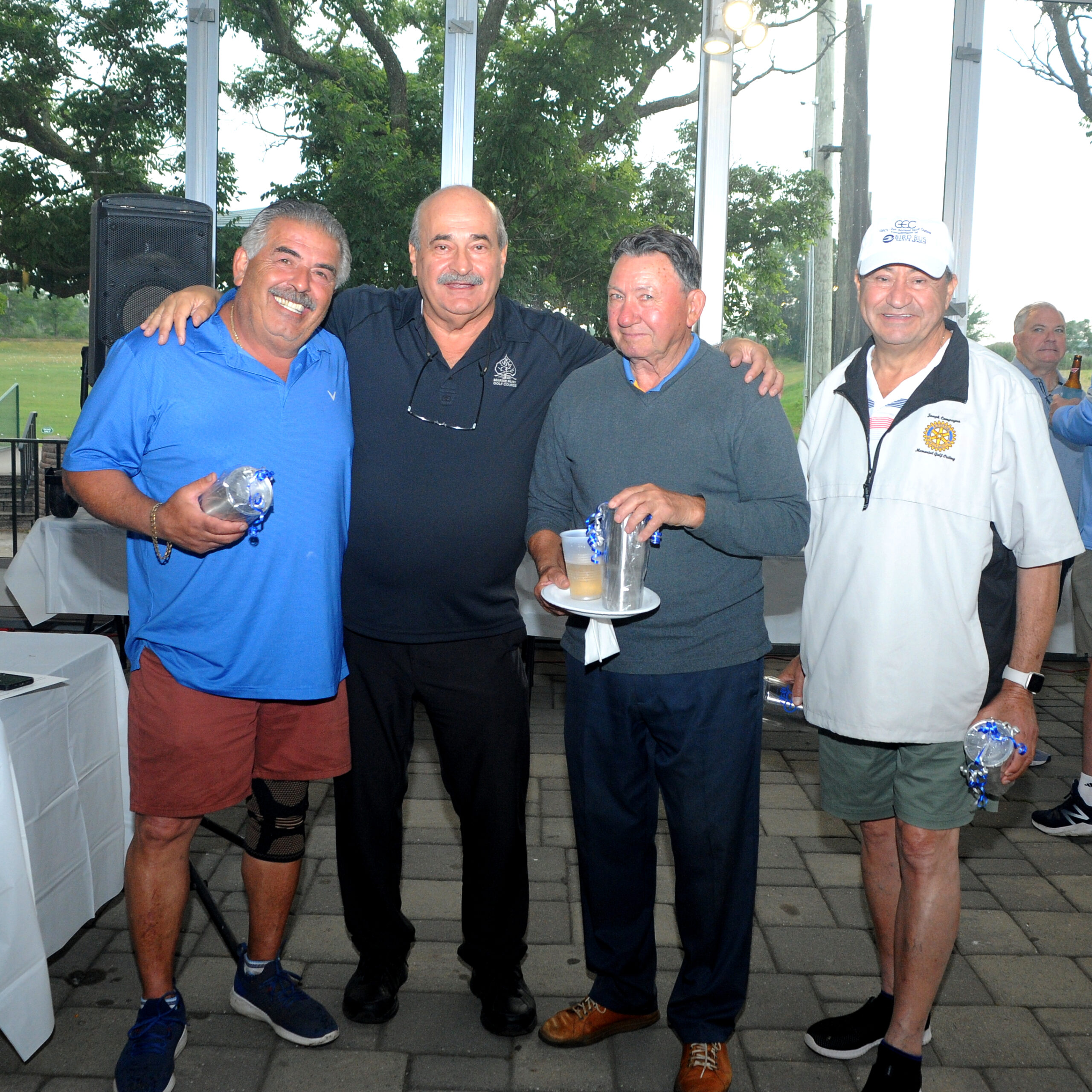Hole in one: Guild golf outing a huge success

Ralph Succar, Stephen Fabrizio, Vito D’Emelio and Tony Msallem. Eagle photos by Arthur De Gaeta.
MARINE PARK – When supporters of the Guild for Exceptional Children took to the links on Friday, June 9, they were there not simply to enjoy a round of golf but to help out an organization that, over its 65-year history, has been a foundational supporter for developmentally disabled people.
The event, the 13th of its kind, was held at the Marine Park Golf Course.

Joe Riley, the Guild’s executive director, spoke with the Eagle about the golf outing as well as about the Guild’s history and impact on the lives of its clients.